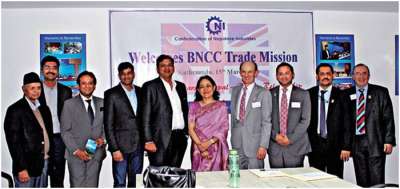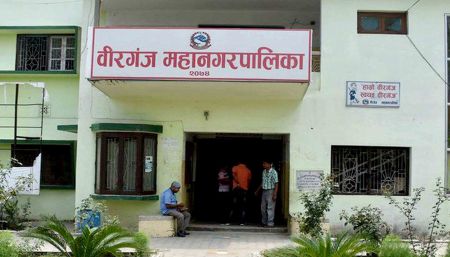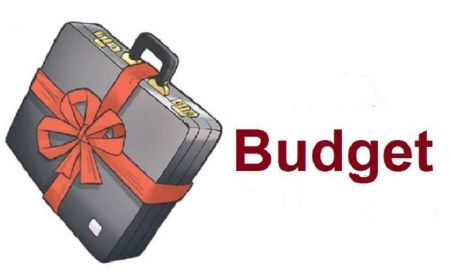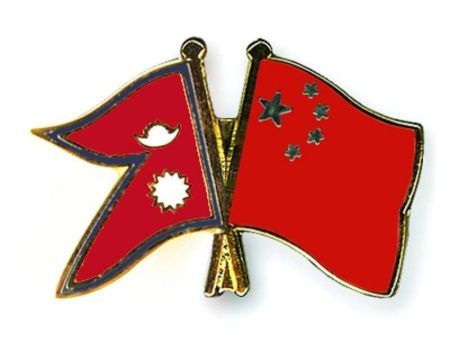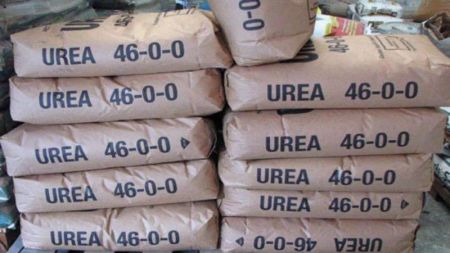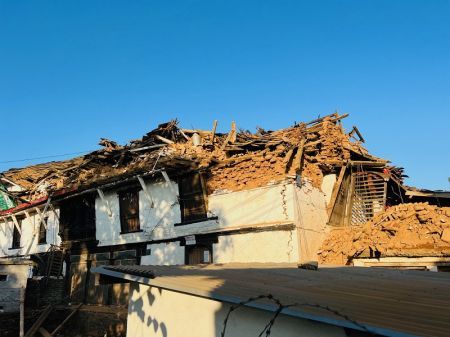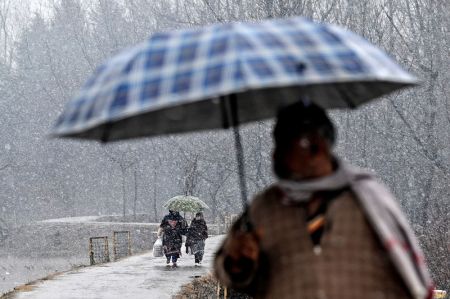--By TC Correspondent
An audit on South Asia regional customs facilitation is being started with a target to complete in one year where customs formalities and border hassles in the region will be assessed.
South Asia Watch on Trade, Economics and Environment (SAWTEE) launched the project “Trade and Transport Facilitation Audit in South Asia” to conduct the audit last week.
The audit report will aim at providing factual information on the reliability and efficiency of transportation infrastructure, logistic operations, customs and border management regulations and procedures, said research director at SAWTEE, Pushpa Sharma.
The audit report is expected to reveal the status of customs facilitation for bilateral trade among South Asian countries, according to Sharma. “After the study of trade facilitation at a bilateral level, the study will focus on identifying regional problems regarding trade facilitation,” he said.
Informal trade is still a big challenge in the region but we do not have any authentic data, he said. The audit will not directly calculate the volume of informal trade but will study the causes of informal trade and recommend appropriate measures to reduce the volume of informal trade.
Costs related to trade facilitation, infrastructure and transit have risen over the years, which has promoted informal trade in South Asia, according to experts.
Effective trade integration is necessary to reduce the cost burden, said former member of National Planning Commission, Dr Posh Raj Pandey. “Trade facilitation is a must to improve overall cost related trade barriers but we should have a benchmark to improve the condition of trade facilitation,” he said, adding that the audit will provide the benchmark with all trade barriers in the formal channel.
Despite the fall in traditional trade barriers, the given circumstances in the region have forced exporters, businesses and consumers to bear additional cost burden, according to him.
Economist Dr Ratnakar Adhikari said that generally, costs are incurred due to lack of regional trade connectivity and impenetrable borders. Regional commitment is required to address the identified bottlenecks, he further said.
Iqbal Tabish, Secretary General of the SAARC Chamber of Commerce and Industry, mentioned that benefits of trade liberalization will not be realized unless trade facilities are rationalized.
Finance minister Shanker Prasad Koirala stated that the cost of trading within the region among South Asian countries is twice, and in some cases, even three times, than trading with countries outside the region.
Despite the existence of several regional efforts, such as Agreement on South Asian Free Trade Area (SAFTA), intra-regional trade in South Asia has remained extremely modest due to a number of factors, one of which is trade and transport facilitation-related bottlenecks.
In a separate programme organised by International Finance Corporation (IFC), chief secretary Lila Mani Paudyal said that the government is committed to improving its trade competitiveness. “Reducing the time and costs to international trade, in particular, is critical for the Nepali private sector to compete internationally and access global markets,” he said.
The Department of Customs is implementing its four year Customs Reform and Modernization Strategy and Action Plan since July 2013 which comprises of four building blocks: Trade Facilitation, High Revenue Yield, Organizational Development, and e-Customs, according to Surya Prasad Acharya, Director General of the Department of Customs.
IFC is committed to enhance trade facilitation including focusing on simplifying border processes & procedures, and improving risk management systems, said IFC Resident Representative in Nepal Valentino S Bagatsing. “The reforms in the trade environment will provide a much needed boost as Nepali businesses position their products in accessing global markets,” he said.
IFC’s South Asia Regional Trade Integration programme aims to assist the government in focusing its reform efforts to create an enabling environment for improving trade facilitation and logistics. IFC works with both private sector and government agencies in identifying areas where reform efforts can help maximize improvements for the private sector to improve cross-border trade and investments.
Main Explanatory Factors for Informal Trade
•Businesses have incentive to escape trade related regulations and duties
•Complex, non-transparent or divergent regulatory requirements (e.g., customs formalities, technical regulations and sanitary standards)
•Long and costly customs delays when trading formally
•Obstructed entry or exit of certain commodities, caused by import quotas or export bans
•Foreign exchange controls
•Weak law enforcement at the borders



